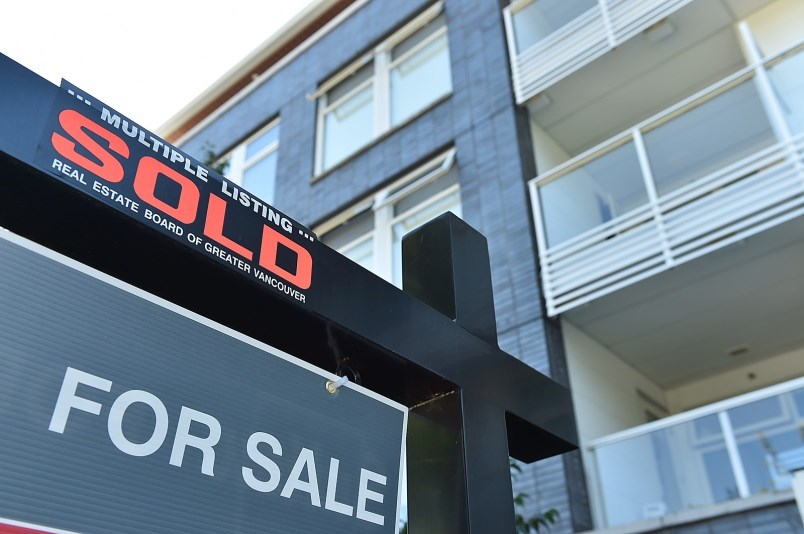With a municipal election fast approaching, voters will be looking closely at how local politicians have been managing the affordable housing file.
In the four years since the last election, a housing crisis has materialized and nowhere is this more apparent than in the Tri-Cities, where renters are being displaced for shiny new condos, once affordable single-family homes cost $1 million and the Evergreen Line has transformed entire neighbourhoods.
How Coquitlam, Port Coquitlam and Port Moody councillors deal with housing for this generation and the next will be their legacy.
Fortunately, we have seen efforts in all three cities to come up with housing choices to densify traditional neighbourhoods without turning them into condo blocks. They are also working with developers to set aside some affordable housing in those new condo projects and finding ways to make sure below-market apartments are included in new rental buildings.
Nowhere is this more important than in areas where manufactured home parks have existed for decades, providing affordable housing, often for seniors, and are now being redeveloped.
These parks were created at a time when the Tri-Cities was considered to be on the outskirts of the big city of Vancouver — even rural. Now, thanks to the coming of the Evergreen Line and the need for housing, these areas are much in demand.
But what kind of housing? Market housing is necessary, but it is important that rents not be out of the reach of most people — no more than 30% of their income — and those who must depart their homes on rental pads in manufactured home parks need special consideration.
Thankfully, we are seeing some good cooperation between cities, such as Port Moody and Coquitlam, and rental developers, who are setting aside units for below-market rental and providing moving assistance for people being displaced in exchange for density.
It may not be enough — it never is — but it shows that these people are not being ignored.
More needs to be done, but ensuring that future rental includes subsidized or low-cost housing is key to keeping residents close to home and ensuring that the Tri-Cities doesn’t become an enclave for the rich and well-to-do.



